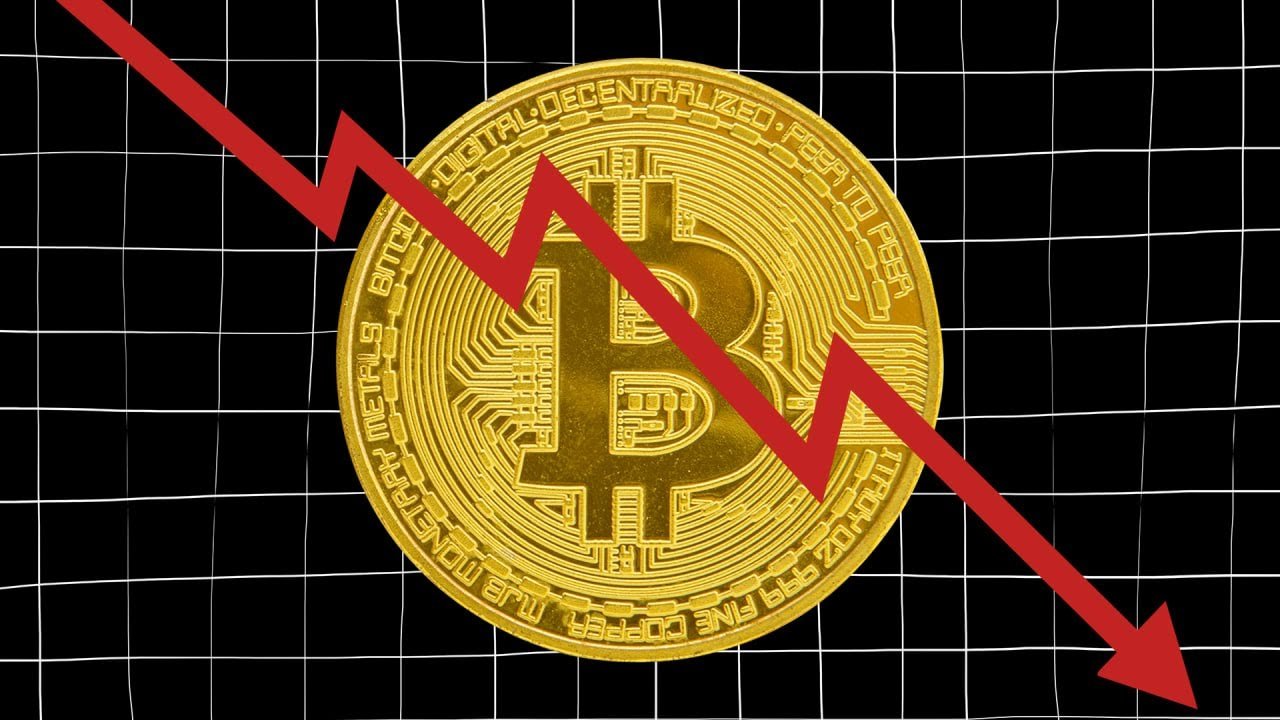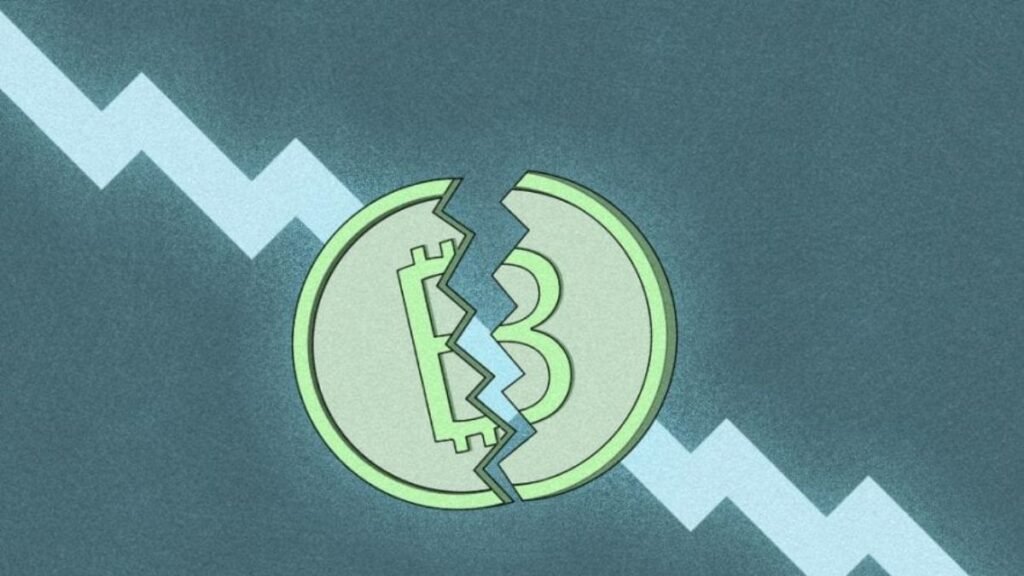The recent sharp drop in Bitcoin (BTC) has left market enthusiasts and investors wondering about the causes. Currently trading at $96,417, Bitcoin is down 1.9% from its closing point. Bitcoin Price Crash, Although price swings are typical in the bitcoin market, a few important elements have helped to explain this most recent decline. Bitcoin is reversing, declining path has been much influenced by security breaches, policy ambiguities, and macroeconomic factors.
Security Exchanges Bitcoin market Confidence
The most important incident influencing the Bitcoin market is the recent attack on a top exchange, Bybit. Bybit experienced a major security incident on February 21, 2025, whereby hackers pilfered more than $1.4 billion in cryptocurrencies. Targeting Bybit’s Ether cold wallet, the hack resulted in the loss of varying staked Ether tokens as well as 401,347 Ether. The pilfers of the money were moved to several unknown addresses, which begs questions regarding the protection of digital assets on markets.
The hack has erased market confidence even if Bybit’s CEO Ben Zhou assures investors the exchange stays stable and customer assets are safe. With cyberattacks increasing in frequency and complexity, security flaws have long been a cause of worry in the Bitcoin sector. Various security vulnerabilities caused about $2.2 billion to be stolen in the crypto sector just in 2024. The Bybit attack has added to the general bad attitude in the industry and strengthened the need for better security protocols.
Policy ambiguities and macroeconomic elements
Beyond security issues, political and macroeconomic elements have also been rather important in the price drop of Bitcoin. After President Donald Trump’s inauguration on January 20, 2025, early hope in the cryptocurrency market indicated that his government could enact laws favourable for digital assets. Investors hoped the government would create a strategic reserve for Bitcoin and lower legal obstacles for companies operating in the cryptocurrencies.

The reality has been less bright, though. Although a digital-asset task force has been established by the Securities and Exchange Commission (SEC), real regulatory clarification has not advanced. Furthermore, President Trump’s recent tariff announcement has stoked inflation worries and increased conjecture on whether the Federal Reserve will keep its present interest rate. Usually resulting in lower risk appetite in financial markets, high interest rates affect assets including Bitcoin. Bitcoin has now dropped around 14% from its peak on January 20, a reflection of investor dismay with the government’s inaction on cryptocurrency laws.
Market responses and investor mood
Policy uncertainty and security breaches taken together have caused investors to adopt a cautious posture. Once more underlining the security concerns connected with centralized bitcoin exchanges, the Bybit breach has made some investors reluctant to keep their money on trading platforms. This incident, together with ambiguous U.S. government regulatory direction, has generated uncertainty. The poor performance of Bitcoin is a result of many traders waiting for more firm policy decisions before making major investment decisions.
Furthermore aggravating Bitcoin’s problems are more general economic ones. The expectation of extended high interest rates suggests. Instead of speculative assets like Bitcoin, investors may concentrate on safer, yield-generating assets. Bitcoin Price Crash, The function of Bitcoin as a hedge against conventional financial. Risks is under question given inflationary pressures and growing global economic uncertainty.
Summary
The recent price drop of Bitcoin can be ascribed to macroeconomic elements, security flaws, and legal uncertainty. The Bybit attack has encouraged some investors to migrate money off centralized. Platforms since it questions the security of digital assets on exchanges. Concurrent with this, is the absence of any pro-crypto measures from Trump. The government has sapped excitement among traders hoping for a more favorable regulatory environment.
Looking forward, the government’s attitude to digital asset rules. The industry’s capacity to improve security measures will probably determine Bitcoin’s comeback. Bitcoin may win investor trust if legislators offer clearer rules and exchanges enhance their security systems. Bitcoin Price Prediction, The short-term market mood is still wary, though, and Bitcoin’s price might keep under pressure from below. Investors should be updated and ready for continuous market fluctuation in cryptocurrencies.
[sp_easyaccordion id=”2709″]


